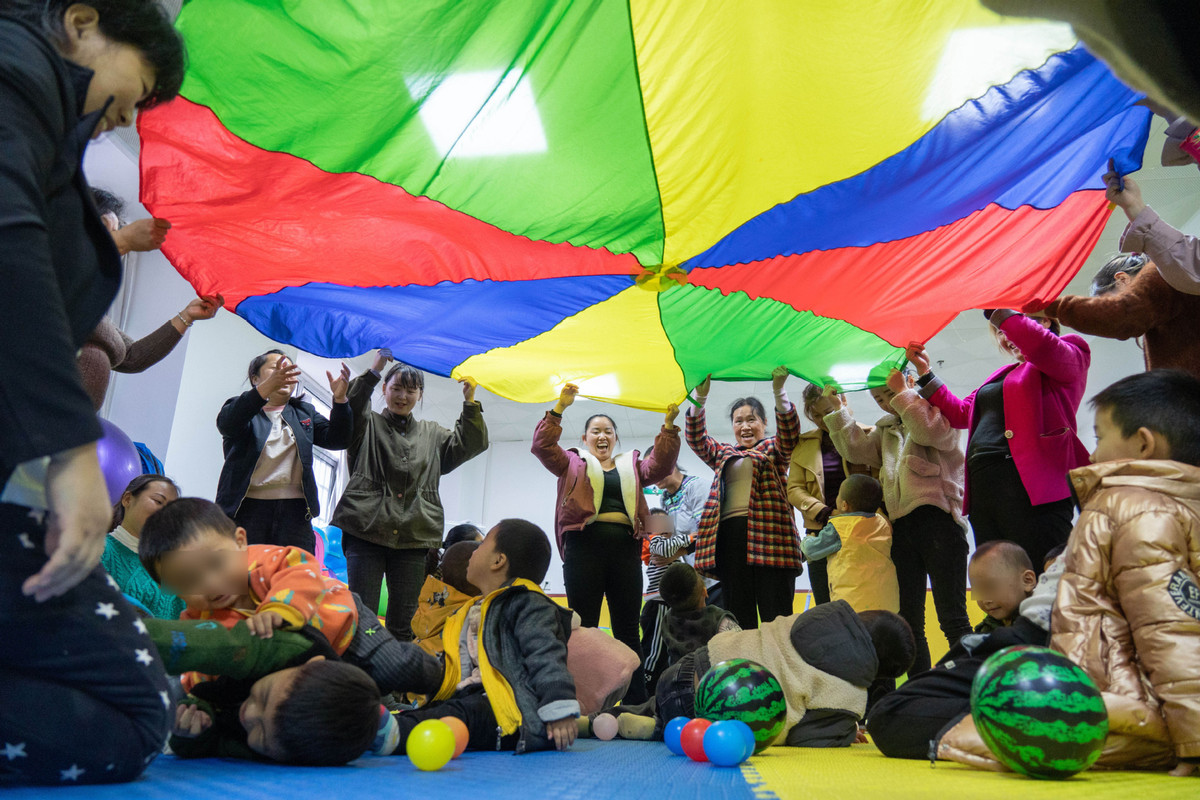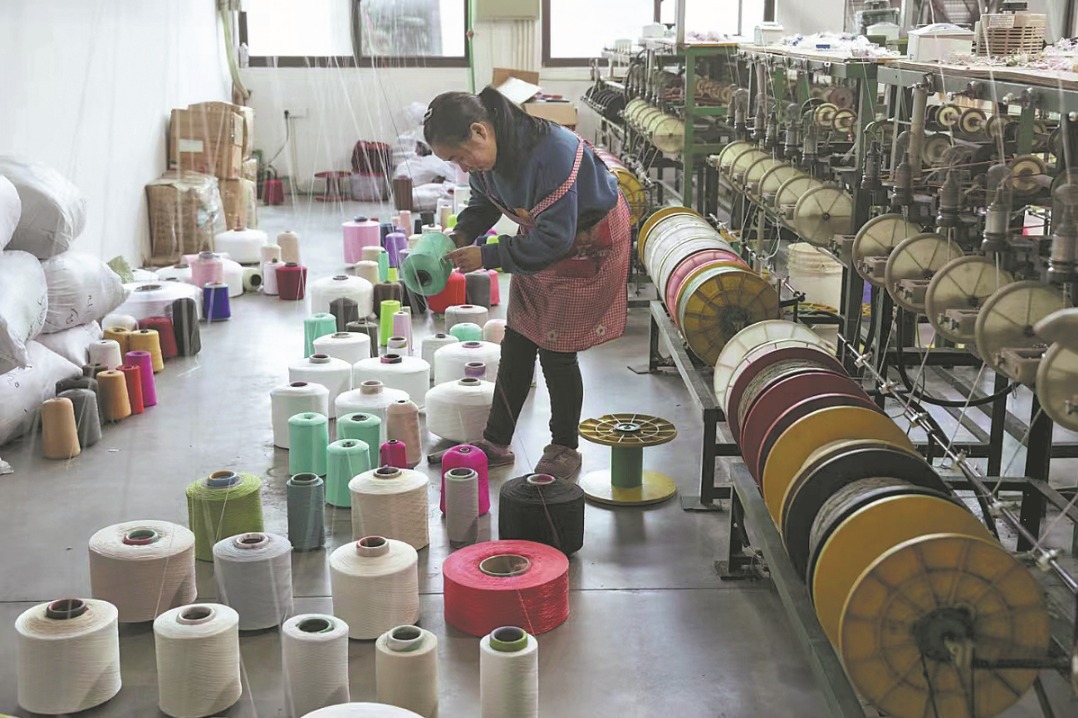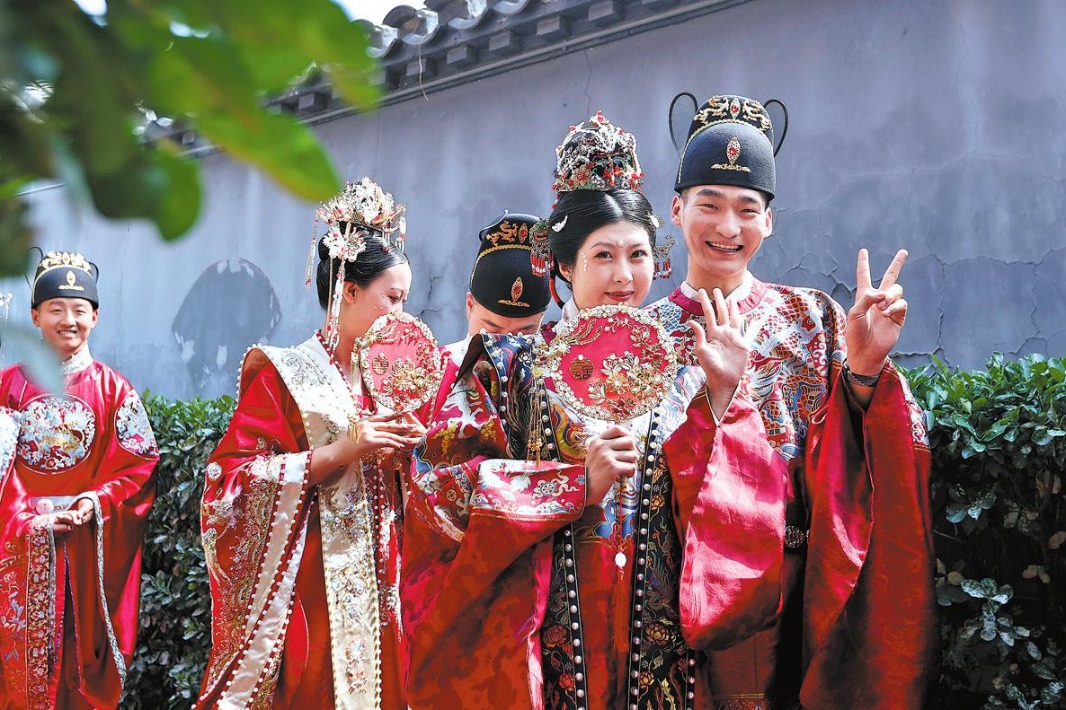Patients with autism depend on realistic approach


Wu said that nearly every journalist who visits the institute asks about signs of genius among those being treated, and at the start of their stories many reporters cite examples of high intelligence among autistic patients.
There is a market for such stories, one example being Zhou Wei, a 13-year-old diagnosed with slow intelligence development, who showed his talent for mathematics on a television show in 2014. His accomplishment earned him the nickname "the Chinese rain man" after the 1988 movie Rain Man, which portrayed tensions between two brothers, one of whom has autism.
Footage of Zhou appearing on the show, where he performed a highly difficult calculation involving a 16-digit number in less than a minute, went viral nationwide. When tested later, he was found to have an extremely high aptitude for math.
Zhou does not have autism, but since he appeared on the show, more people have linked the disorder with abnormally high intelligence.
In September 2017, a public interest program was launched on WeChat, enabling participants to buy electronic drawings by children who have autism or Down syndrome. The drawings, to be used as screen savers, cost just 1 yuan.
Within seven hours, the program had raised the target amount of 15 million yuan. However, it strengthened perceptions of a link between disorders such as autism and high intelligence. On WeChat Moments, many people marveled at the drawings, saying they must have been produced by geniuses.
A vicious circle has emerged, where activities involving autistic patients with high intelligence attract attention but also serve to foster wrong impressions among the public.
A search online for "autism" results in "genius" being one of the first words to come up.
Sun, from the Beijing Stars and Rain Education Institute for Autism, stresses that the 99.99 percent of autistic patients who lack any special talent need the most attention.
"Partly due to 'high-intelligence miracles', the public often underestimates the negative effects of autism, which is commonly called 'the lonely disease', as it tends to make those who have it introverted," Sun said.
"It can be very serious. A patient has little interest in the outside world and simply stays in his or her own space. People with autism don't speak with anybody else or interact with others. In some extreme cases, they hardly speak at all."
Cai Chunzhu, who wrote the book Daddy Loves Xihe in 2011, described his son Cai Xihe, who has autism, in a light, humorous way, but the boy can only utter a few words.
Once, he said "happy", which made his parents so excited that they asked him to say it every day so that they could reward him with a biscuit. He was unable to do so, and in the end they gave up.
Life becomes more difficult as autistic patients grow up and their parents age.
Switching jobs
Li, the 26-year-old patient with the disorder, graduated in 2016 from a college in Dalian, Liaoning province.
A doctor found he had a normal level of intelligence and learning ability. However, after graduation, Li changed jobs four times, staying less than three months in each one.
Yang, his mother, said her son is only able to follow a strict routine that involves little interaction, and he can barely communicate with others on complicated issues.
He now works as a part-time poster designer two days a week, earning just over 2,000 yuan a month. Yang and her husband both have full-time jobs to support the family.
Wu, from the Beijing Stars and Rain Education Institute for Autism, said,"At least Li finished higher education and can work part-time. Only one in 10 autistic patients finish primary school."
Ke Xiaoyan, a senior doctor and head of the child psychology institute at Nanjing Brain Hospital, said the proportion of ASD patients worldwide is about 1 percent, higher than previously predicted, because all related syndromes are now included in such estimates.
Du Zhigang, a senior neurology doctor at Beijing Ditan Hospital, predicted there could be as many as 10 million people with ASD in China.




































